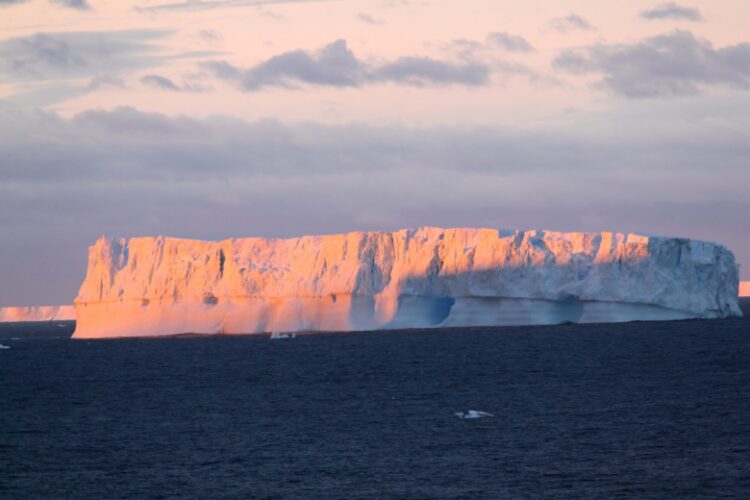Canberra: Stronger El Nino events in the future could cause irreversible melting of ice shelves and sheets in Antarctica, an Australian research warned on Tuesday.
El Nino is the warmer phase of the El Nino Southern Oscillation (ENSO) that occurs over the tropical eastern Pacific Ocean, and with the colder phase, La Nina, influences weather conditions around the world, reportsXinhua news agency.
The new study, published by the Commonwealth Scientific and Industrial Research Organisation, the national science agency, on Tuesday, demonstrated that the variability of ENSO reduces warming near the surface of the ocean but accelerates warming of deeper waters.
Cai Wenju, lead author of the study, said the findings were critical to furthering the understanding of how Antarctica will be affected by climate change.
“Climate change is expected to increase the magnitude of ENSO, making both El Nino and La Nina stronger,” he said.
“This new research shows that stronger El Nino may speed up warming of deep waters in the Antarctic shelf, making ice shelves and ice sheets melt faster.”
He said the modelling also revealed that warming around the edges of floating sea ice is slowed during this process, slowing down the melting of sea ice near the surface.
Cai and his team examined 31 climate models under a high-emissions scenario.
Those with increased ENSO variability showed a reduced upwelling of deep, warmer water as a result of less intense westerly winds, leading to a slower warming of the ocean surface.
Co-author Ariaan Purich from Monash University said that ENSO variability could have broad implications for the global climate.
(IANS)


















